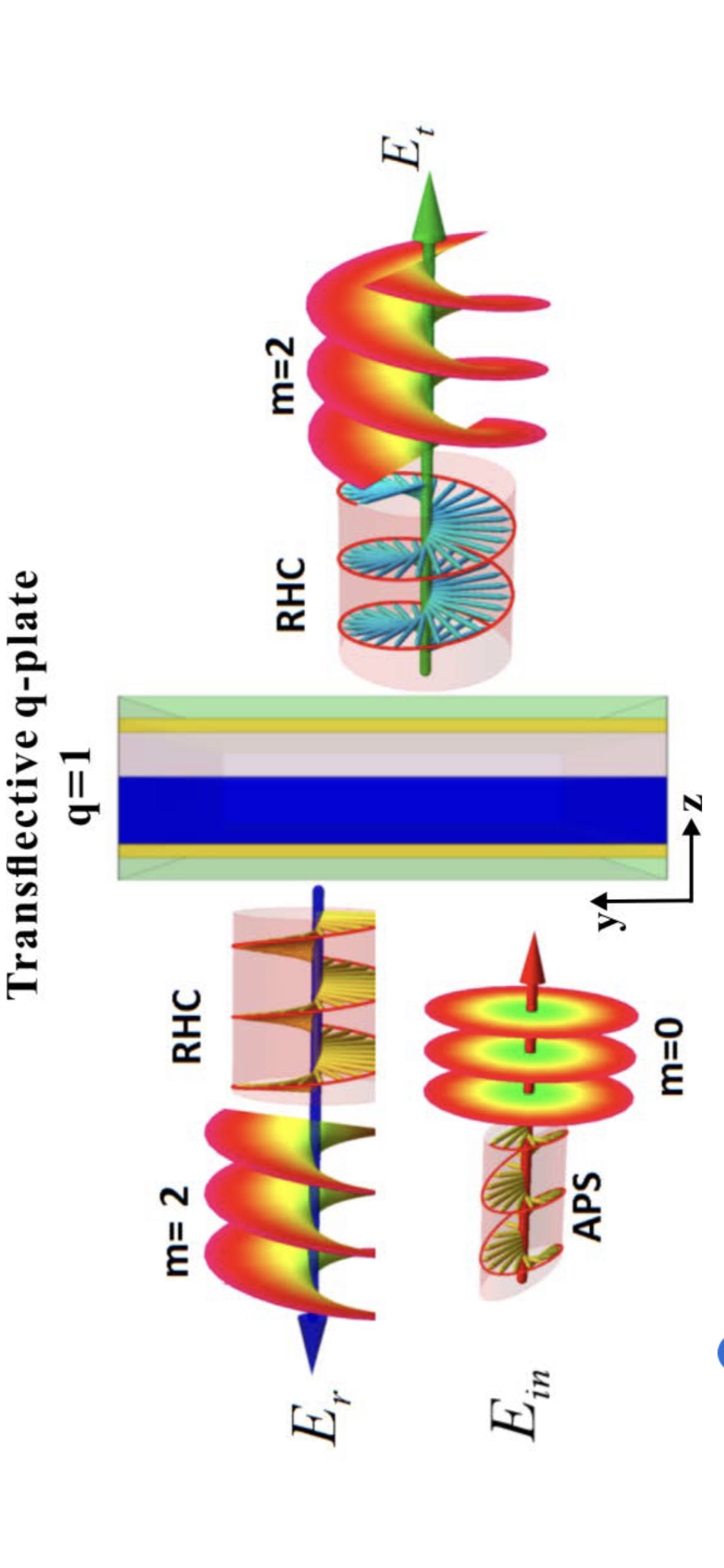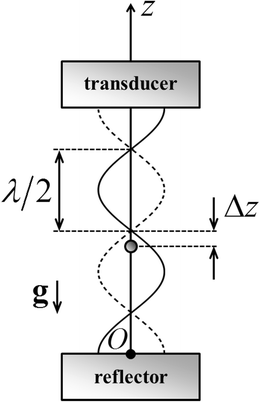The most common dyes for lipids are Nile red [19] and BODIPY 505/515 [20]. Nile red and BODIPY 505/515 offer several advantageous characteristics for in situ screening [21].
Phl 1:9
And this I pray, that your love may abound yet more and more in knowledge and in all judgment;
the river runs red=144
Egypt /double straits
Rom 12:9
Let love be without dissimulation. Abhor that which is evil; cleave to that which is good.
G14 to work good, to do good, to do well, act rightly
G15 to do good, do something which profits others
agathopoiḯa, ag-ath-op-oy-ee'-ah; from G17;
G16 course of right action, well doing, virtue
G17 acting rightly, doing well, virtuous from G18
G18 that which is good of good constitution or nature
useful, salutary good, pleasant, agreeable, joyful, happy excellent, distinguished upright, honourable
G19 goodness uprightness of heart and life, goodness, kindness
1419/1914
silence
S
i
l en
ce
no i se
Sound
no sound
on
off
positive
negative
node
antinode
charge
no charge
Dipole
AN AWKWARDNESS
awkwardness (usually uncountable, plural awkwardnesses)
The state or quality of being awkward; clumsiness; unskillfulness.
The quality of an embarrassing situation
Exo 32
Exo 32:25
And when Moses saw that the people were naked; (for Aaron had made them naked unto their shame among their enemies:)
amīcus (feminine amīca, neuter amīcum, comparative amīcior, superlative amīcissimus, adverb amīcē); first/second-declension adjective
friendly, well-disposed, amicable
loyal, devoted to
supporting, propitious, helpful
welcome, dear
From the root of amō (“I love”), perhaps with Proto-Indo-European *-ih₁ (“instrumental suffix”) + *-kos, as also in pudīcus, mendīcus.
From Middle English enemy, enemye, enmy, borrowed from Old French enemi, anemi (Modern French ennemi), from Latin inimīcus, from in- (“not”) + amīcus (“friend”). Displaced Middle English feend (“enemy”), from Old English fēond (“enemy”), which survived into Modern English as fiend, but with a different meaning.
be one's own worst enemy
arch- (“chief, most extreme”) + enemy
archenemy (plural archenemies)
A principal enemy.
A supreme and most powerful enemy.
From Middle English arch-, arche-, from Old English arċe-, ærċe-, erċe- (“arch-”), borrowed from Latin archi-.
arch-
Chief; primary; principal.
First; original.
Highest; most extreme.
(augmentative) Intensely, extremely, or exceptionally.
Synonyms
(augmentative): super-, supra-, hyper-, ultra-, uber-, macro-, over-, mega-, maxi-, giga-, -zilla, grand
arch-
great, chief, arch-, super-
arch- + angel (“angel”) → archangel (“archangel”)
arch- + marchnad (“market”) → archfarchnad (“supermarket”)
arch- + esgobaeth (“bishopric”) → archesgobaeth (“archbishopric, primacy”)
primacy
1.
the fact of being pre-eminent or most important.
importance
priority
precedence
pre-eminence
preference
superiority
first place
pride of place
weighting
supremacy
ascendancy
sovereignty
dominance
dominion
leadership
weightage
paramountcy



